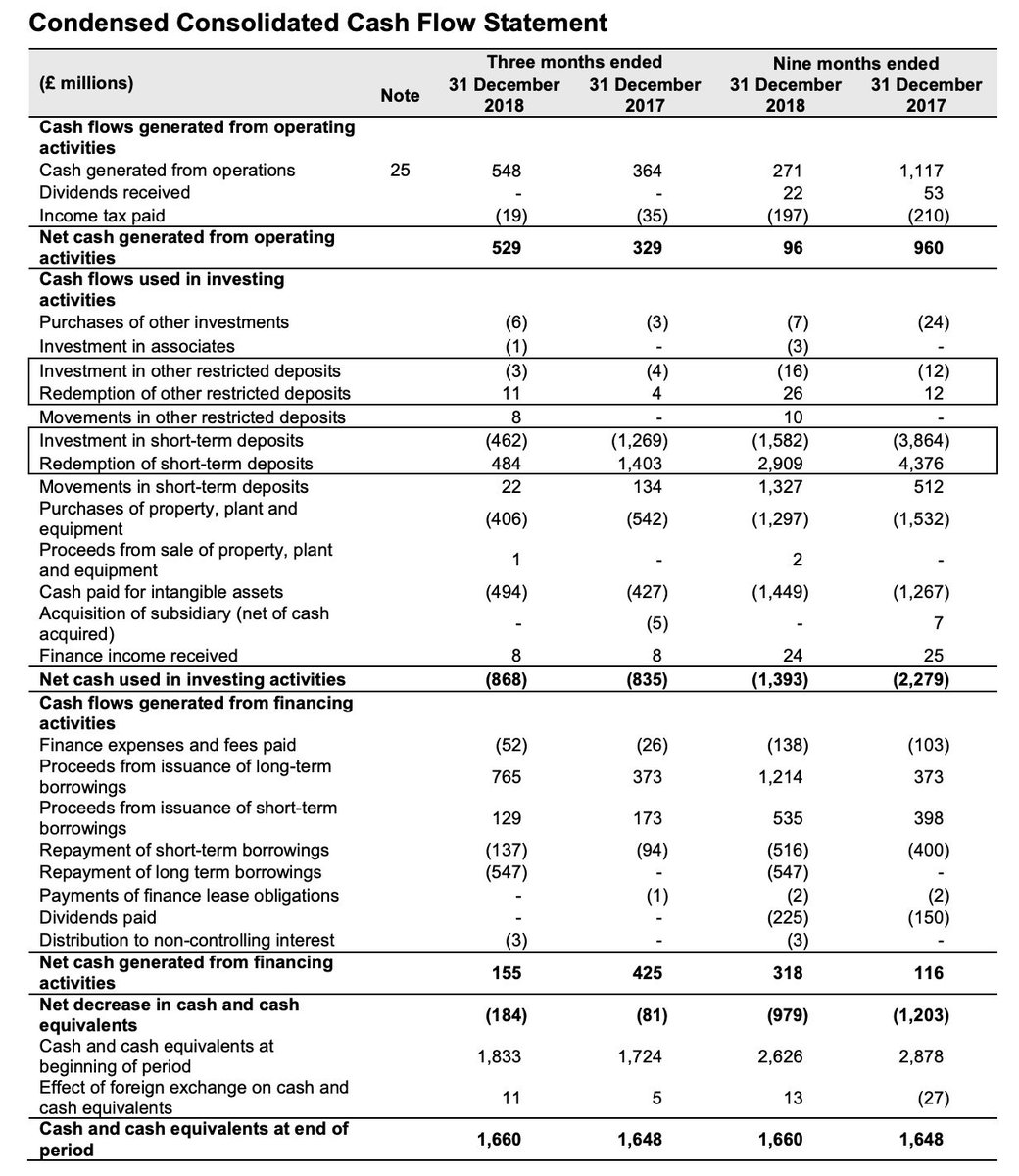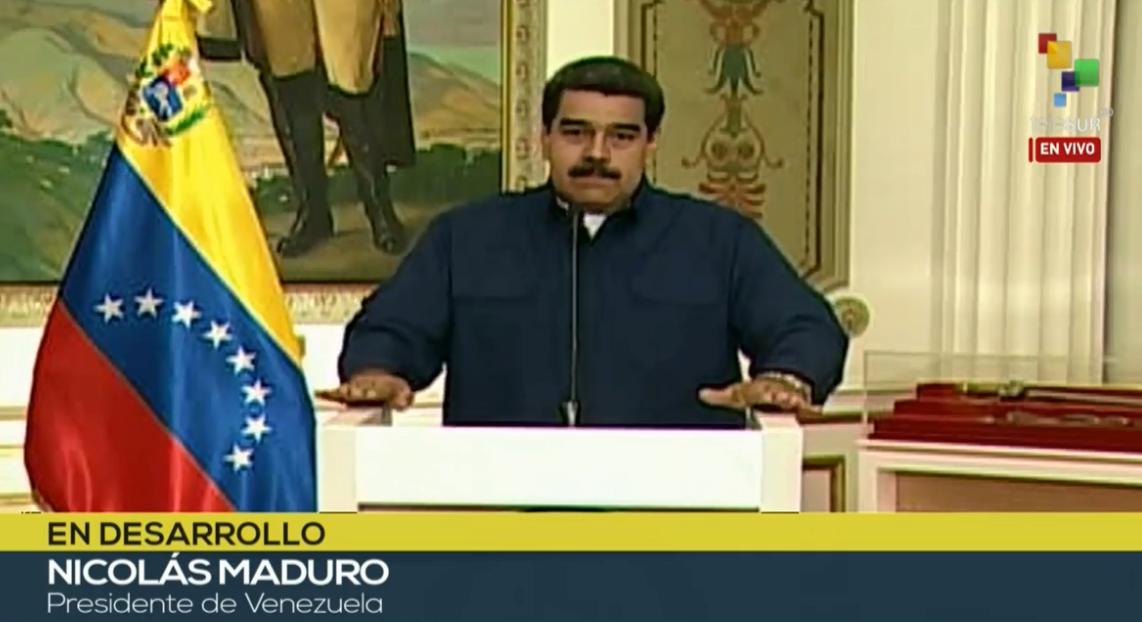Precautionary Principle as in "even if we don't know if technical faults caused the crash but it's better to be safe than sorry."
1. The airlines who operate 737Max almost exclusively
2. The airlines who have some 737 Max planes
3. The airlines who have no 737 Max planes (key beneficiaries of grounding)
4. Airline Regulators
5. Boeing
6. Airbus
The problem becomes interesting because one would often never know if the news was true or not. And the decision to do nothing, if one is long, is also a decision
What about you?









